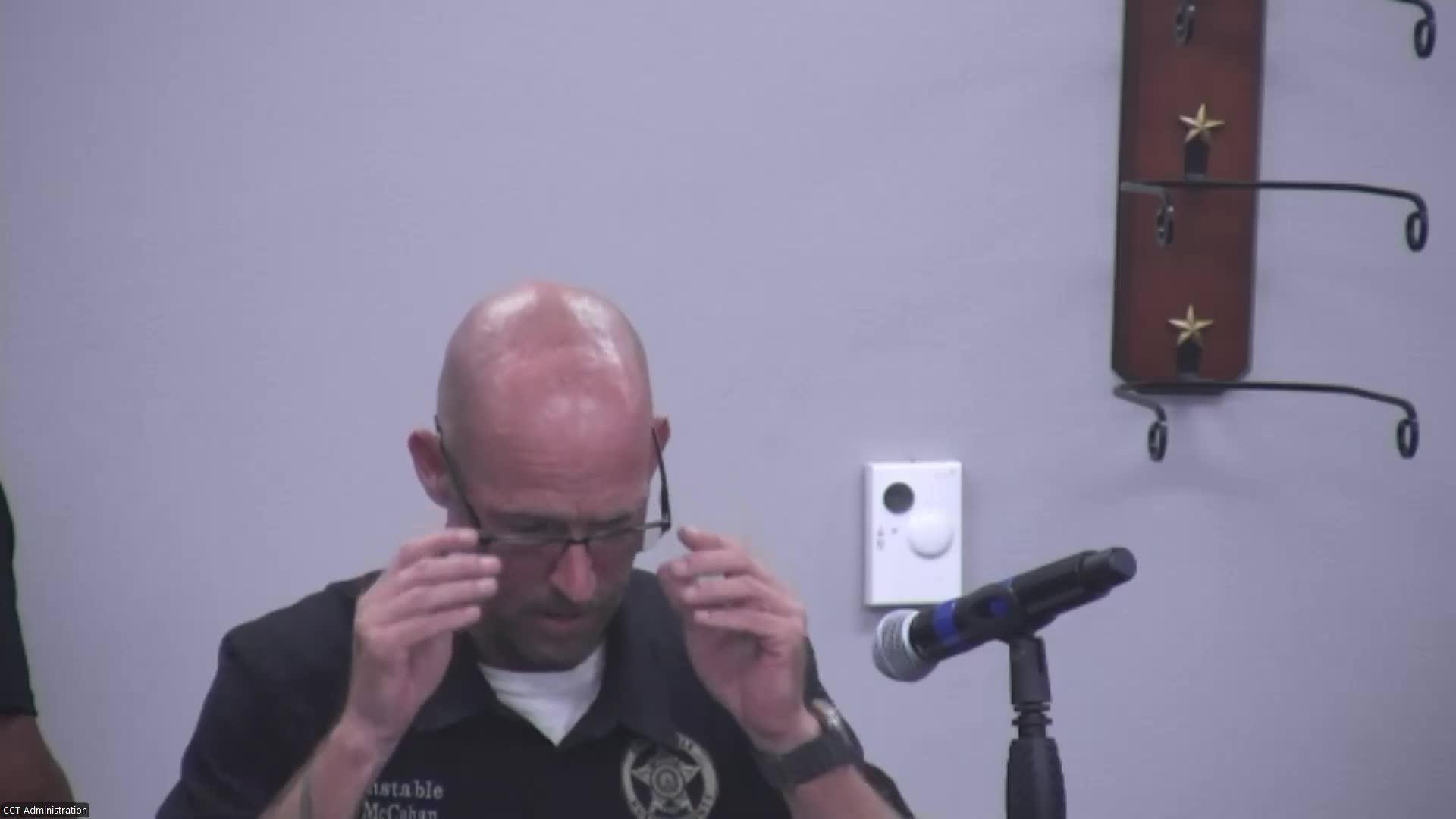Article not found
This article is no longer available. But don't worry—we've gathered other articles that discuss the same topic.
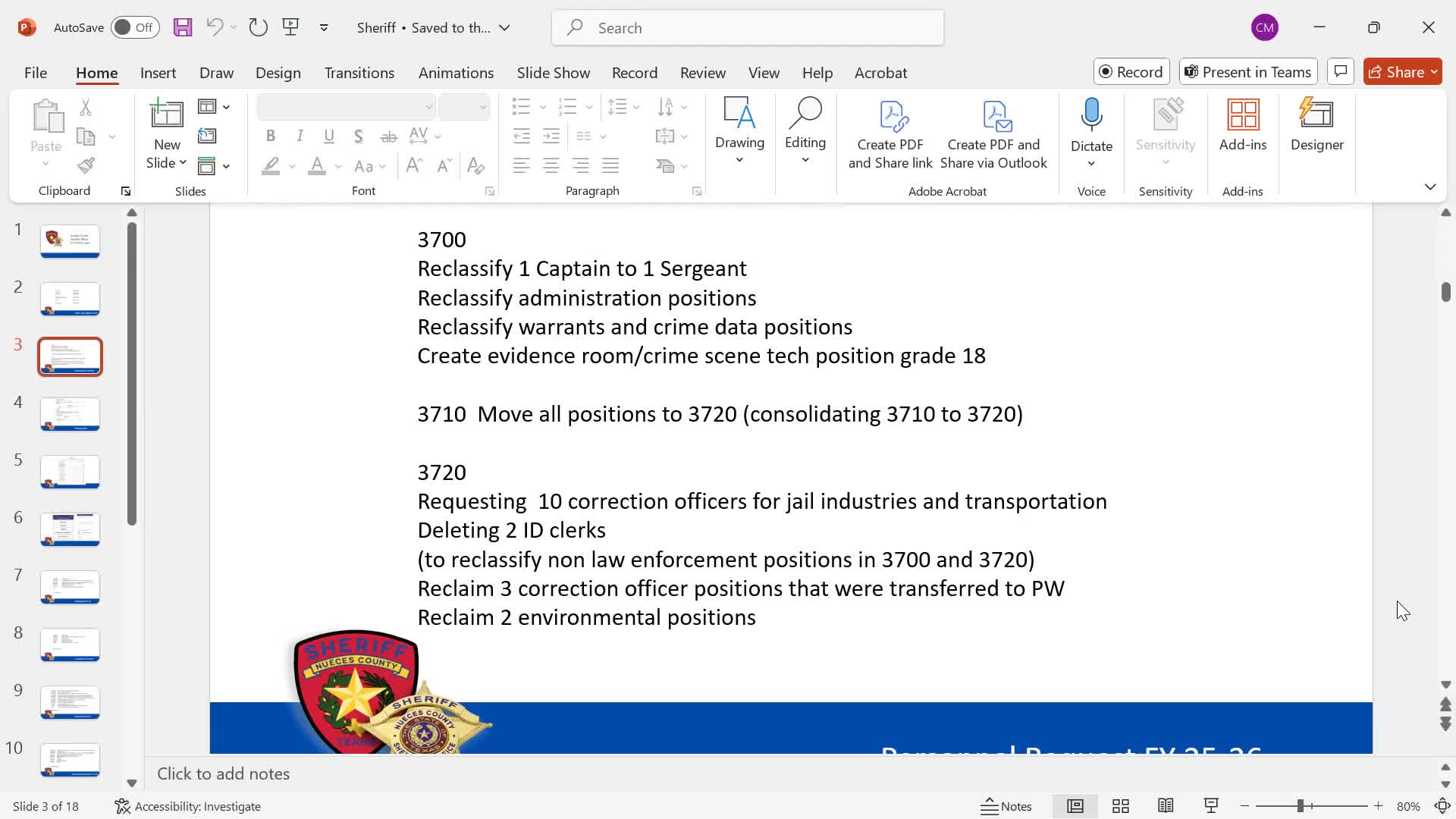
Judges seek more pay for court reporters and higher pay or reclassification for bailiffs and court staff
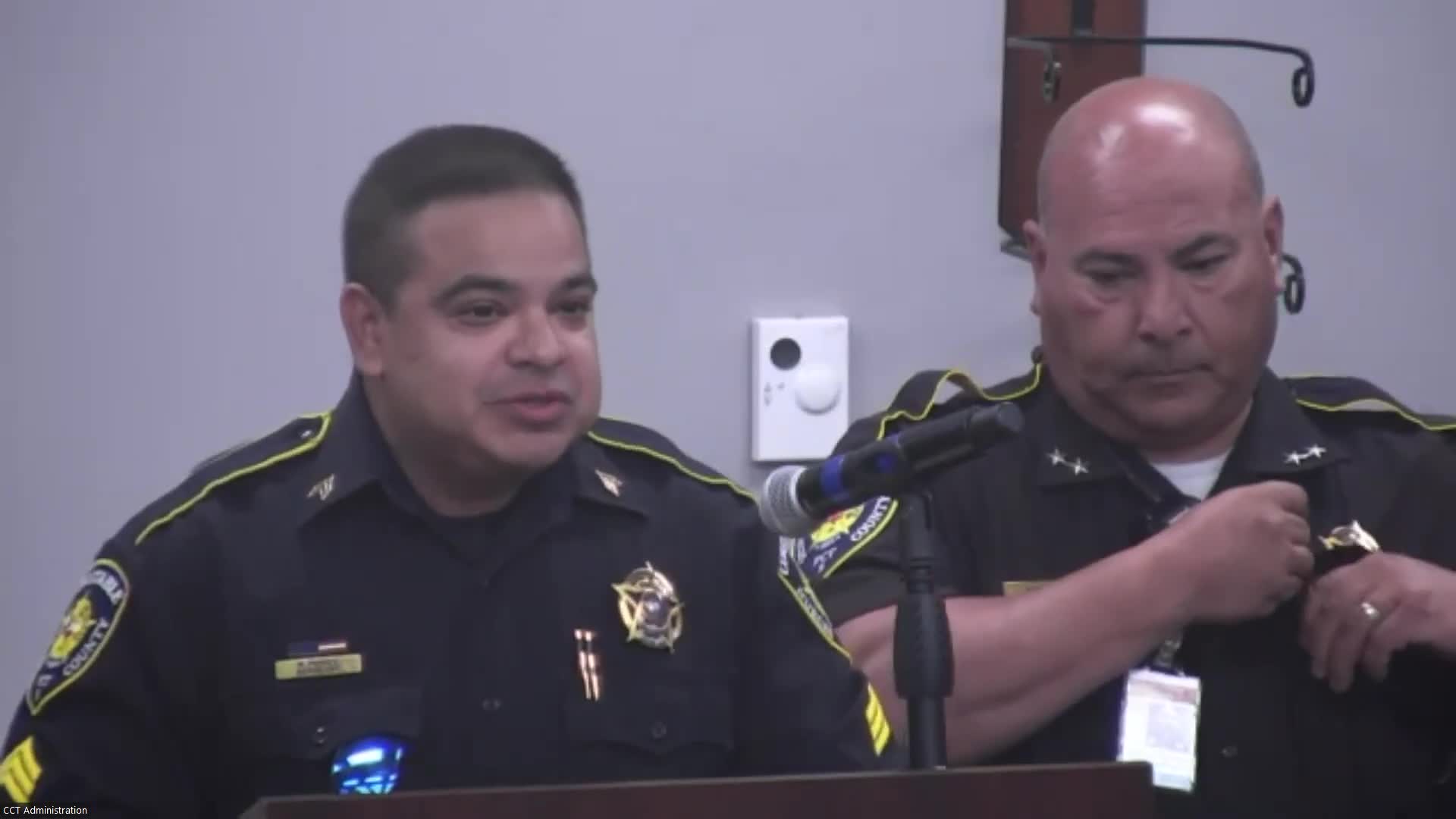
Juvenile detention officials seek two full‑time supervision officers as population rises
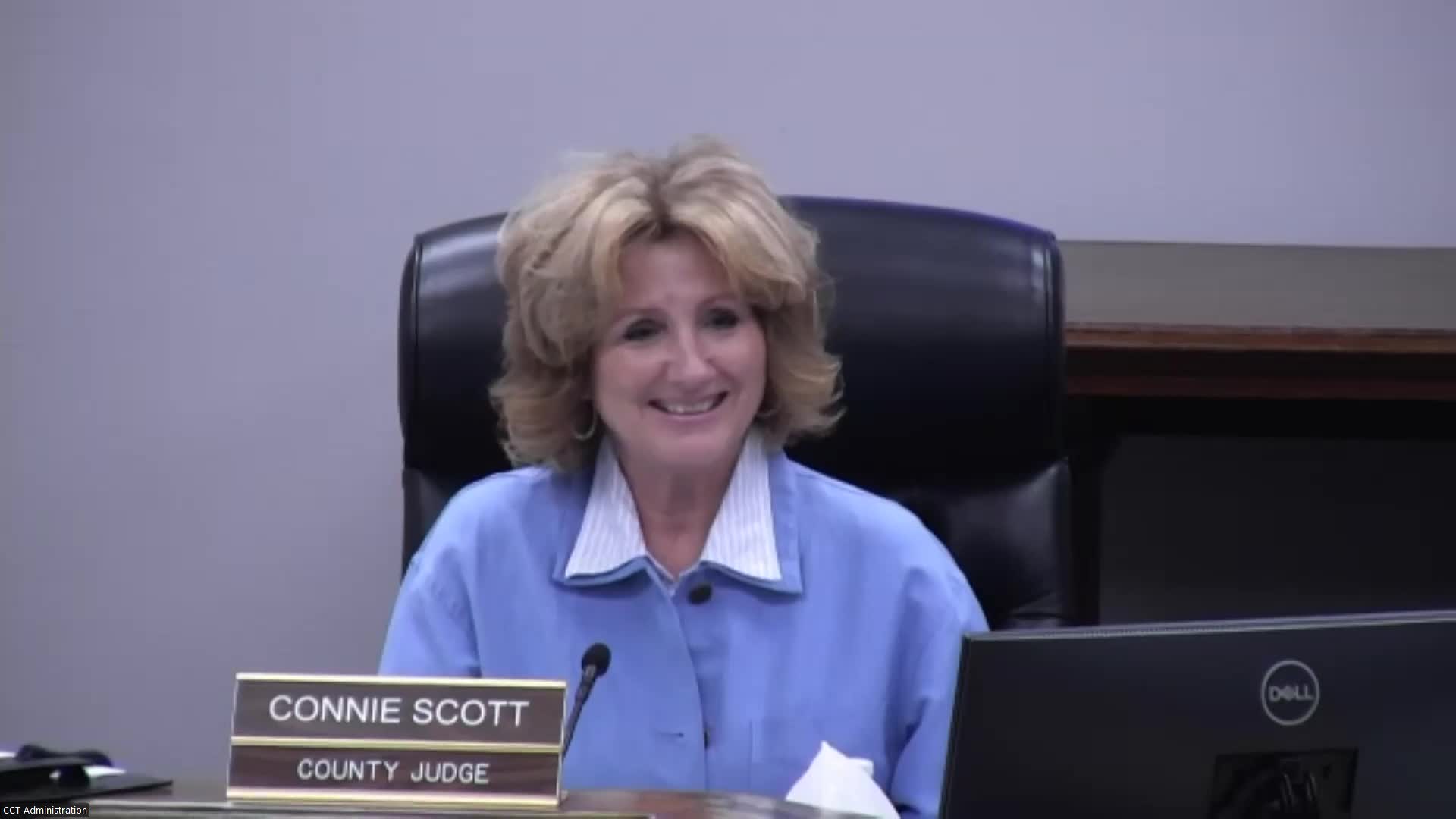
District attorney urges commissioners to fund higher salaries to stem prosecutor turnover
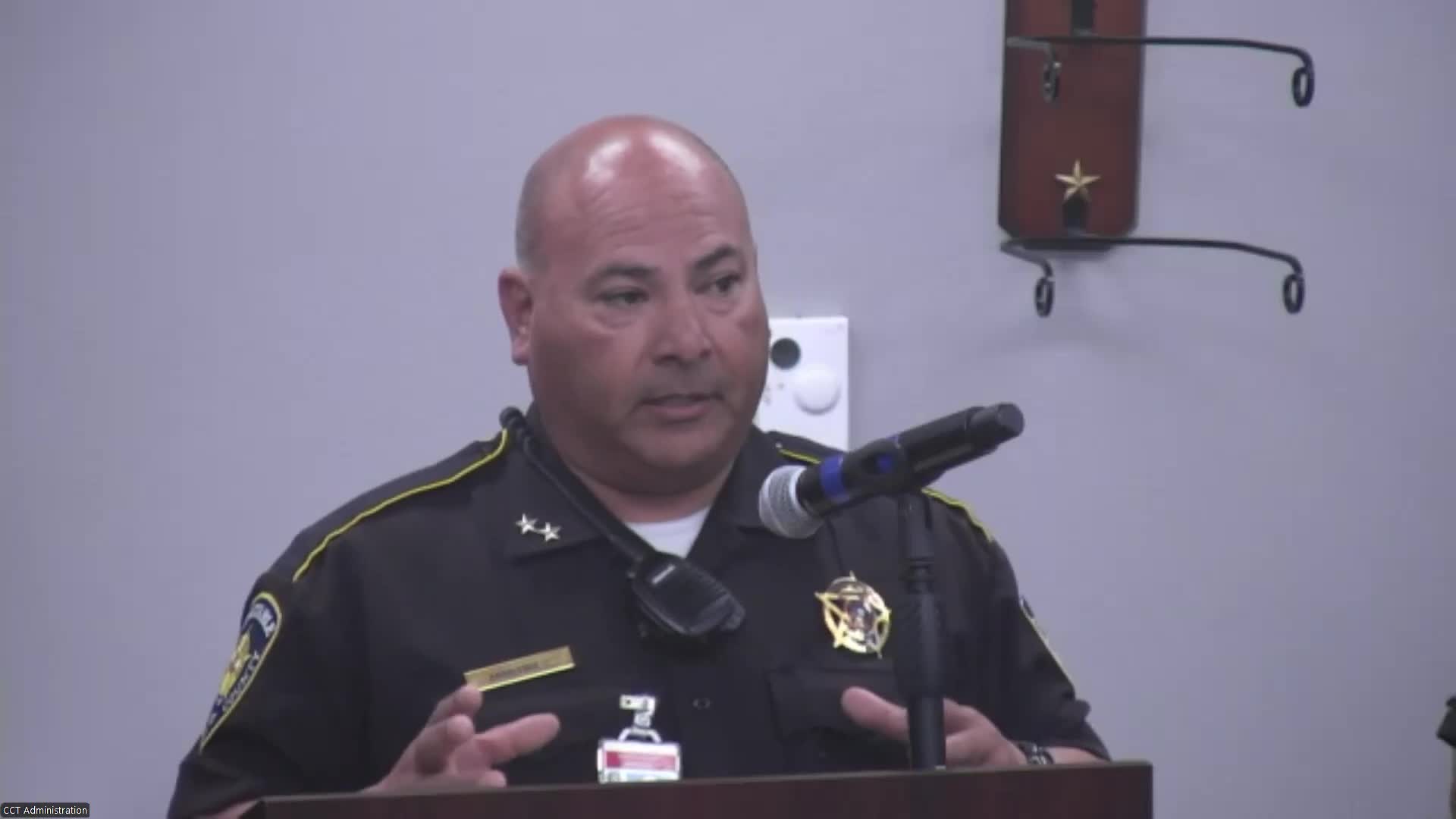
Sheriff asks county for jail staffing, inmate‑transport capacity and permanent evidence‑handling role
